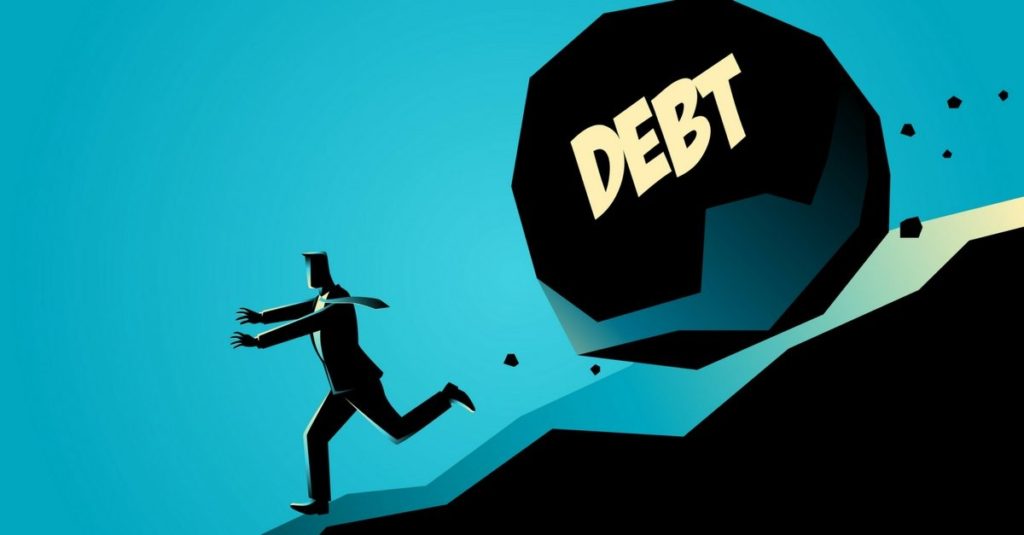This Blogger, who writes on Medium.com (one of my new go-to websites), opines that if the interest rate on the debt is under 7%, which he says is the average stock market return, then you should keep the debt outstanding and pay it off according to the payment schedule. If the rate is over 7%, then think about paying it off. That’s not a bad rule of thumb, but I think about debt a little differently, and I think you should as well.

Secured vs. Unsecured
My first advice is to understand if your debt is secured or unsecured. With most people, their most significant secured loans are their mortgage and their car loan. Most other debt, including student loan and credit card debt, is unsecured, meaning the lender can come directly at you if you default on payments. Most secured debt out there today is well under 7%, and if yours isn’t, you should either refinance to lower rate or you should sell the asset and pay off the loan. In my opinion, you should look to either pay down ahead of schedule or entirely pay off any unsecured debt. Interest rates on most credit cards are well above the blogger’s 7% number and don’t offer tax advantages. Student loans may offer tax advantages (although fewer now than in prior years) but are still at higher rates and are unsecured. Unsecured loans really drag down one’s credit rating. My advice is to pay off student loans or especially credit card debt, and keep your home loan and car loan. That said, if you have credit card and student debt, you shouldn’t have a big car loan because you really can’t afford a big car.
Debt vs. Investing
The blogger on Medium considers paying off debt vs. investing in the stock market and says you should keep debt that is under 7% because you can make more than that in the stock market. Fair enough, but that doesn’t address diversification of asset classes. I believe paying down outstanding debt that you have is equivalent to buying a bond or investing in debt, plus or minus some tax advantages. If you pay off $400,000 of debt at a 5% interest rate, that’s $1,667 per month more that you keep in your checkbook each month. It’s actually even better than that: That $400,000 payoff is actually like buying an AAA-rated bond, and AAA-rated debt such as US Treasury debt is at about 2.5% for a 10-year term. So, you are getting a better return for your debt payoff than you would if you bought an equivalent bond. How is this diversifying your portfolio? Let’s say you have a $400,000 mortgage and a $1,000,000 stock portfolio but no bonds or debt instruments in your investment portfolio. If you use part of the $1 million of stocks to pay off your mortgage, you now have $600,000 remaining of stocks but no debt. Someone might look at this situation and say you are still 100% invested in stocks, but an astute planner would say you are now “under-leveraged.” That is a good thing. In other words, you could have $400,000 in mortgage debt but you have chosen not to. Add that to the remaining $600,000 of stocks, and your portfolio is now effectively 60% stocks and 40% bonds.
IMO
Pay off unsecured, high-interest-rate debt as soon as you can, and keep secured debt if you so desire. Don’t buy too expensive of an auto if you also have student loan or credit card debt. When you do pay down debt, think of it as investing in a bond because your monthly net income goes up. Please contact me if you want to discuss any of this.
